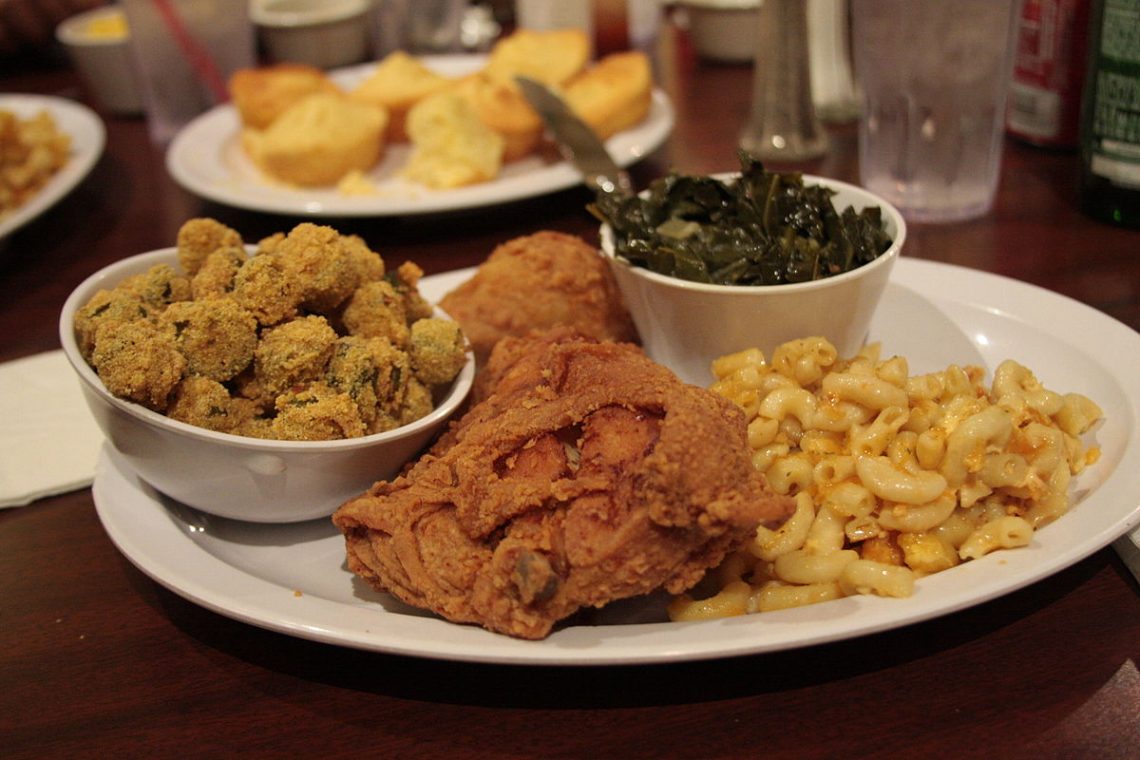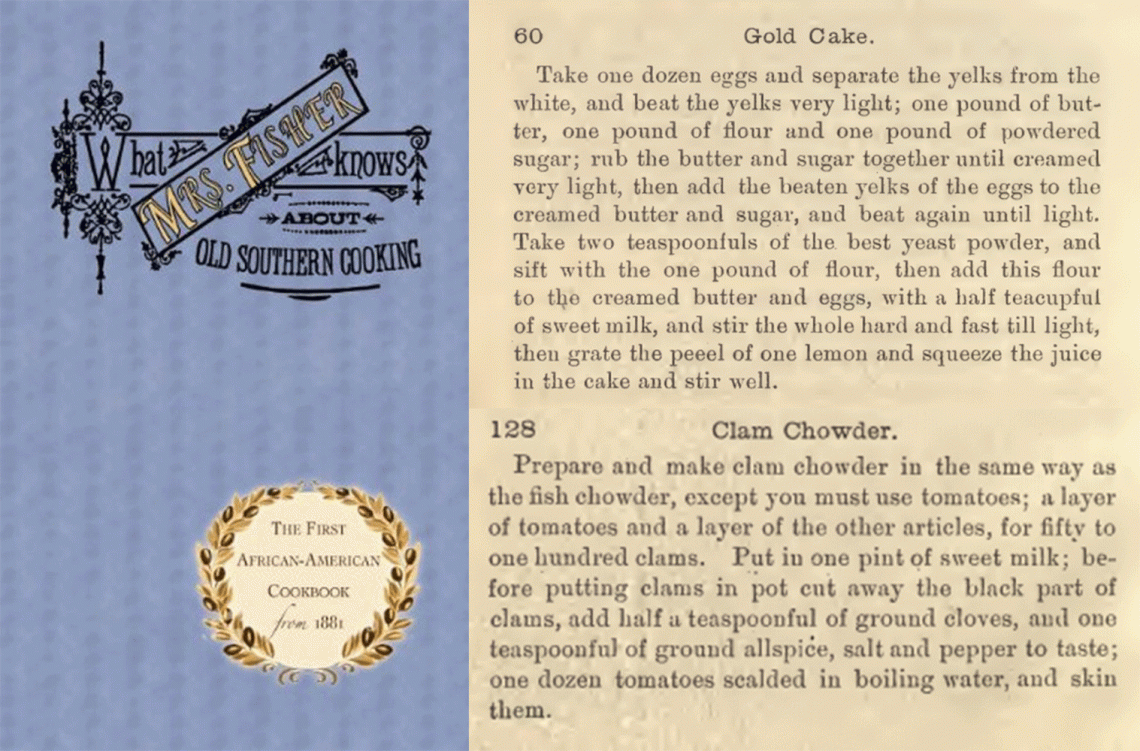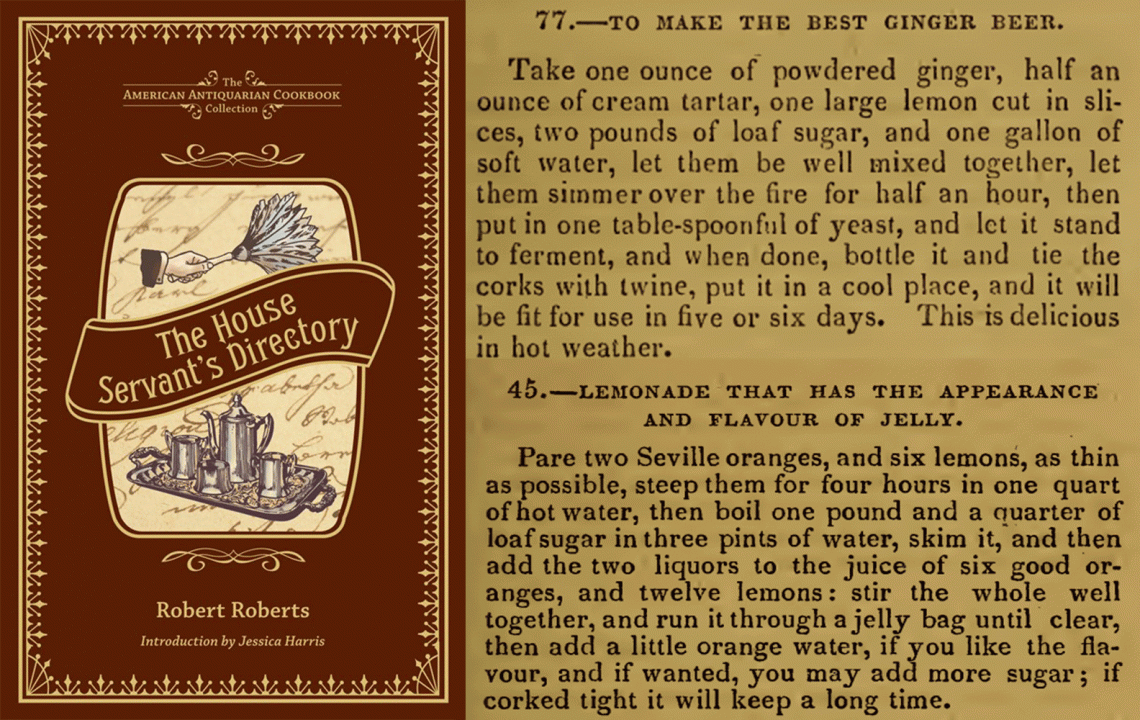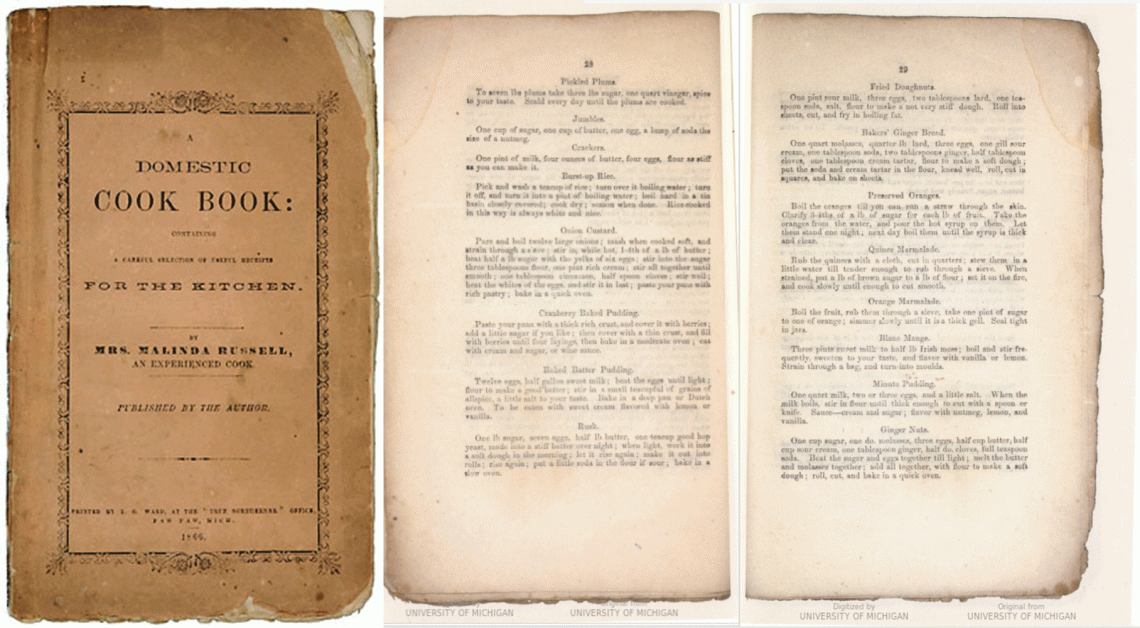Of the surviving cookbooks from the 19th century, less than five are attributed to black authors. First, some context: possessing culinary skill could change a 19th century black person’s life. As historian Tera W Hunter put it, “Cooking required the most skill and creativity.” If a slave could cook, he or she received relatively special treatment, a more robust diet, and the freedom of overseeing their own work. If a free black could cook, he or she received virtually the same benefits. Being a good cook paid off- but becoming a good one wasn’t particularly easy if one didn’t have the right resources. Most black cooks were illiterate, and had to rely on instinct, oral tips, and trial and error to perfect their craft. Measurements were often estimates. As one cook put it, “Everything I does, I does by my head; it’s all brain work.” This makes the legacy of black chefs even more admirable. Perhaps that is why food holds such a special place in the heart of black folks.

Because black people have quite a reputation for cooking (everyone’s grandmother makes the best mac and cheese, allegedly), you might think that there would be more black cookbooks from the era that developed southern cooking into the popular force that it is today. Unfortunately, the commonality of illiteracy and the strict atmosphere of racism during the 20th century meant that few black cooks could pass along their knowledge in a printed format. Most black cooks passed their secrets and tips down orally, though a few managed to leave behind their mark on the culinary world.
Until 2001, it was assumed that the oldest fully fledged black cookbook was created by an illiterate former slave by the name of Abby Fisher. After years of running a successful catering business in California, she decided to share her knowledge about cooking. Her book, “What Mrs Fisher Knows About Southern Cooking” had long been lauded for it’s amazing recipes for jellies, preserves, cakes, and entrees since it’s debut in 1881. 
“What Mrs Fisher Knows About Southern Cooking” was notable because it both was written by a black woman and because it was filled with recipes. One of the first books published by a black man, entitled The House Servants Directory by Robert Roberts (yes, that was his real name), was more service manual than cookbook, though it did include a few recipes.

Interestingly enough, Robert Roberts was not only one of the first black authors we have on record, but he was also a freeman and abolitionist. He spent his life as a servant in prominent households, and even found himself in Europe a few times. He was also opposed to the Back To Liberia Movement, in which politicians argued that free black Americans should be sent to the African nation. While his life and book are definitely interesting, his book isn’t an actual cookbook. The person who holds the title of creating the first black cookbook title belongs to neither Robert or Abby. Nor does it belong to Tunis G Campbell, whose Hotelkeepers, Headwaiters and Housekeepers Guide pamphlet was published in 1848, but wasn’t an actual book of strictly recipes. It actually belongs to Malinda Russell, who published The Domestic Cookbook in 1866.

Born into a free family in Tennessee, Malinda Russell’s book challenges popular notions of southern black cooks and black cuisine. Malinda was contemplating moving to Liberia as part of the Back to Libera movement, but ended up opening a pastry shop in Tennessee. After much success, she published her cookbook in the hectic post-civil war haze of 1866, unfortunately leaving her tome to be overshadowed by Mrs Fisher’s book 15 years later. Domestic Cookbook doesn’t mention frying things or southern classics like sweet potato pie; but instead includes recipes for a variety of pastries and European inspired foods. An extremely frayed copy of her cookbook was found by antique cookbook collector Jan Longone after it had long been forgotten. Longone pointed out that the absence of typical soul food dishes in Russell’s cookbook demonstrates the lifestyle differences between free blacks and slave blacks.
Resources
A 19th-Century Ghost Awakens to Redefine ‘Soul’
The Untold Story of African American Cookbooks
A Meal to Honor Early African American Cookbook Authors
The Jemima Code: Two Centuries of African American Cookbooks by Toni Tipton Martin

Pete
March 9, 2017 1:38 am
I learned how to cook from a friend of mine who was black I am white it started when I was 8 years old. He cooked for a private hunting club in North Carolina. I still cook the same way know. If you like it that’s all that matters.
Thank you Mr Bill Jenkins
Pete